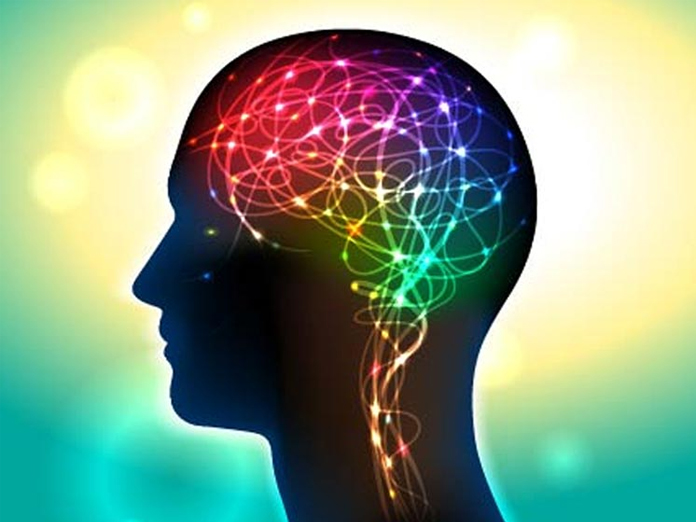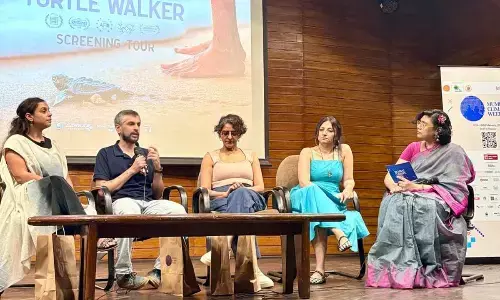Brain training app improves users' concentration: Study

Researchers at the University of Cambridge have designed a new brain training game designed to improve users concentration
Researchers at the University of Cambridge have designed a new ‘brain training’ game designed to improve users’ concentration.
Adam Gazzaley and Larry D. Rosen, in their book, The Distracted Mind: Ancient Brains in a High-Tech World, point out that with the emergence of new technologies requiring rapid responses to emails and texts, young people, including students, are having shorter attention spans and are frequently becoming distracted.
This difficulty in focusing attention and concentrating is made worse by stress from a global environment that never sleeps and also frequent travel leading to jet lag and poor quality sleep.
Professor Barbara Sahakian from the Department of Psychiatry, said, “We've all experienced coming home from work feeling that we've been busy all day, but unsure what we actually did," adding, "Most of us spend our time answering emails, looking at text messages, searching social media, trying to multitask.
But instead of getting a lot done, we sometimes struggle to complete even a single task and fail to achieve our goal for the day.
Then we go home, and even there we find it difficult to 'switch off' and read a book or watch TV without picking up our smartphones. For complex tasks we need to get in the 'flow' and stay focused."
Recent years have seen that as smartphones have become prevalent, there has been a growth in the number of so-called ‘brain training’ apps that claim t o improve cognitive skills such as memory, numerical skills and concentration.
Now, a team from the Behavioural and Clinical Neuroscience Institute at the University of Cambridge has developed and tested 'Decoder', a new game that is aimed at helping users improve their attention and concentration.
The game is based on the team's own research and has been evaluated scientifically.
In a study published in the journal Frontiers in Behavioural Neuroscience Professor Sahakian and colleague Dr George Savulich have demonstrated that playing Decoder on an iPad for eight hours over one month improves attention and concentration. This form of attention activates a frontal-parietal network in the brain.
The researchers divided 75 healthy young adults into three groups – one group received Decoder, one group played Bingo for the same amount of time and a second control group did not receive any game.
Participants in the first two groups were invited to attend eight one-hour sessions over the course of a month during which they played either Decoder or Bingo under supervision.
All 75 participants were tested at the start of the trial and then after four weeks using the CANTAB Rapid Visual Information Processing test (RVP).
CANTAB RVP has been demonstrated in previously published studies to be a highly sensitive test of attention/concentration.









